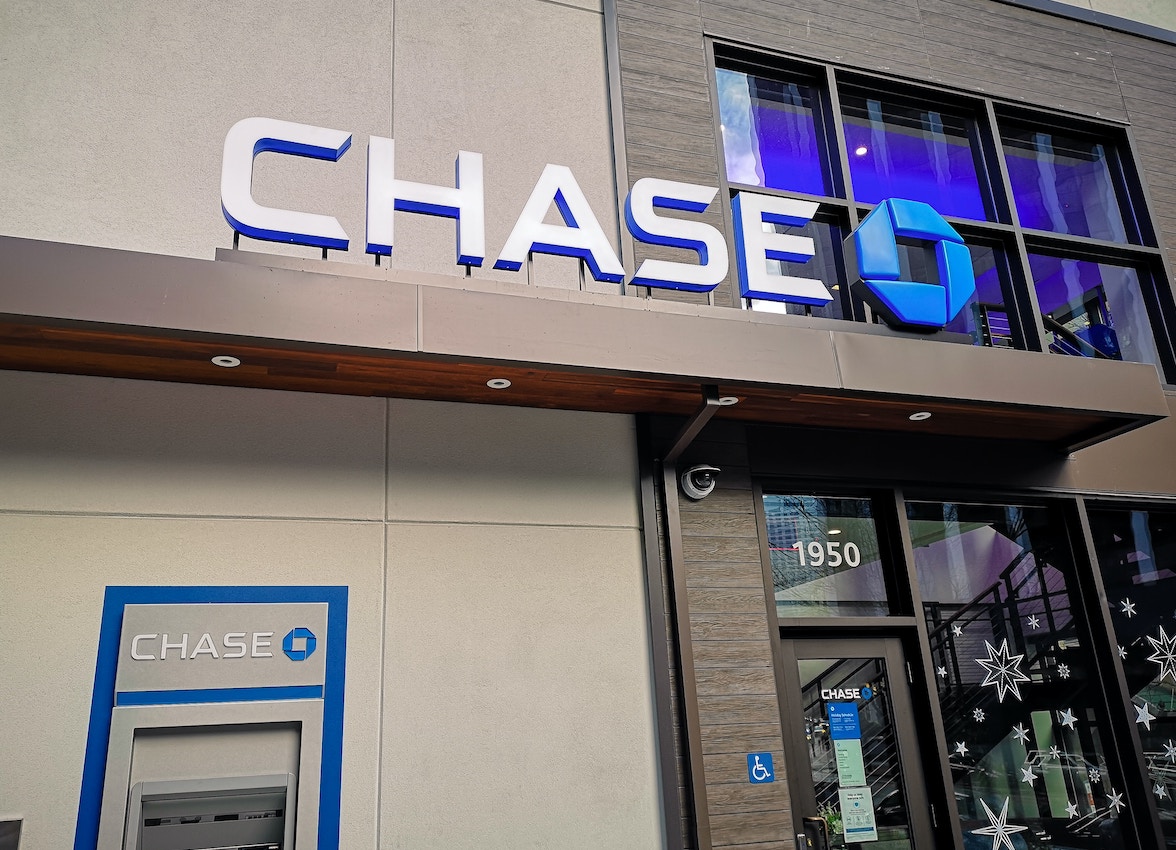Chase, JPMorgan Chase & Co’s digital bank, is set to implement a ban on cryptocurrency-linked payments for its customers in the United Kingdom, starting on 16 October 2023.
An email to its clients said: “If we think you’re making a payment related to crypto assets, we’ll decline it.”
Chase said that customers can use other banks or providers to invest in their crypto portfolios. However, this decision comes amid growing concerns over the use of cryptocurrencies in fraudulent activities, which has seen several other UK banks that have previously imposed similar restrictions.
In its email, Chase said: “We’ve made this decision because fraudsters are increasingly using crypto assets to steal large sums of money from people.”
It added: “Declining these payments is one of the ways we are helping keep you and your money safe.”
Community reaction to the Chase ban
The move to block crypto transactions has been criticised by various members of the digital asset community.
One user posted on X (previously called Twitter): “Oh common… Sort out your fraud department then! I know it’s your money, but we tell you how to spend it! No thanks – moving bank!”
Another user said: “Another bank decides what you can and can’t spend your own money on…… Protecting the customer or their own interests?”
Others pointed to the fact it contrasts the position of Chase’ US parent company. Just earlier this month, JPMorgan Chase & Co. announced it is exploring a blockchain-based digital payment and settlement system.
UK banks’ stance on cryptocurrencies
Chase is not the only UK bank to adopt a cautious approach to cryptocurrencies. Securing the services of a crypto-friendly bank in the UK remains a challenge. Credit institutions in the country have historically taken steps to either block or restrict customer access to cryptocurrencies.
Earlier this year, several bank executives told lawmakers they were restricting customer access to crypto assets in the country due to concerns regarding fraud and market volatility.
These concerns were raised during a session of the Treasury Select Committee, where social media and technology platforms were cited as significant sources of cryptocurrency-related fraud.
Alison Rose, the CEO of NatWest Group, explained her bank’s position, stating: “We have taken a pretty hard line as a bank on crypto. We’re blocking retail and wealth customers from transferring into crypto assets because of the volatility and the stability of the platform.”
Rose further clarified, saying: “We look at it through a fraud perspective. We know that can cause frustration for customers because they may want to invest – it’s their money – but if we’re evidencing significant fraud we block them.”
In contrast to the stringent stance taken by some banks, others have expressed a more softer attitude toward cryptocurrency regulation.
Charlie Nunn, the CEO of Lloyds Bank, stated: “We’re very supportive of the regulation and the regulators looking at regulation of crypto, our focus will always be about customer outcomes in that context.”
Nunn added: “I don’t think Lloyds Banking Group will want to be promoting cryptocurrencies, but we do want to make sure that, if our customers choose to put money into cryptocurrencies, it’s as safe as can be.”


